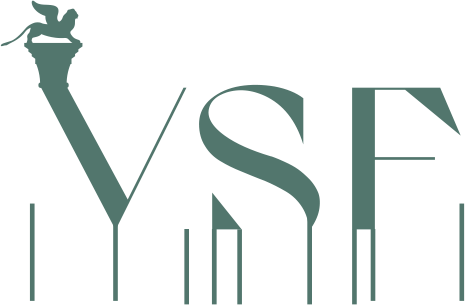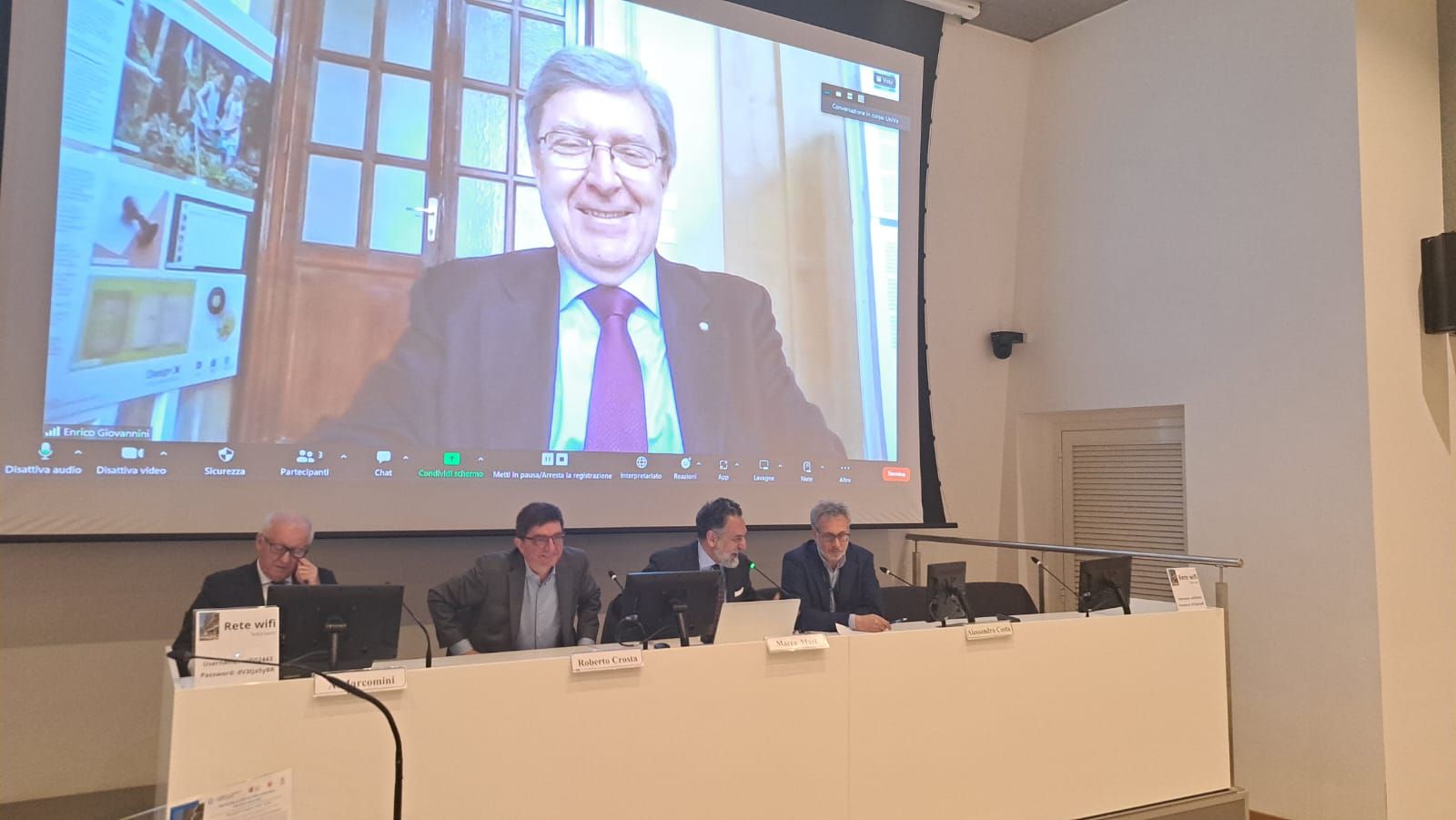VSF took part on May 15 in the conference, promoted by Camera di Commercio di Venezia e Rovigo (chamber of commerce), on “Urban Regeneration & Sustainable Building.”
The event was held at the Danilo Mainardi auditorium of the science campus in Via Torino (Venezia Mestre): a technological and sustainable hub, and an ideal place for collaboration between the business system and the academic world thanks to the presence of the Ca’ Foscari and Iuav Universities of Venice, the CNR laboratories and the new headquarters of the Camera di Commercio di Venezia e Rovigo.
The headquarters, now under construction, is designed according to the international protocols for “green” LEED BD+C (Leadership in Energy and Environmental Design) buildings, and it represents the commitment that the Chamber of Commerce has made to the area for the dissemination of an environmentally and people-conscious approach in the field of construction.
During the morning were shared opportunities and market trends in the energy transition, applied to the building supply chain and the built environment, with a focus on urban regeneration.
VSF Director General Alessandro Costa spoke in the panel “Urban regeneration: a strategy between supply chain, actors and peculiarities of territories,” moderated by Unioncamere del Veneto Secretary General Roberto Crosta and sustainability advisor Marco Mari. Also participating in the panel were Enrico Giovannini, chairman and member of the Scientific Committee of the ASVIS (Italian Alliance for Sustainable Development) and member of the Scientific Technical Committee at the Foundation, and Antonio Marcomini, Ca’ Foscari Deputy Pro-rector, with responsibility for relations with the territory.
Costa emphasized that the headquarters under construction is a virtuous example of sustainable modernization, fully in line with the Foundation’s mission to realize an integrated model of sustainable development for Venice and its metropolitan area.
The Foundation counts on an articulated partnership that now has 46 members and includes territorial bodies, cultural and academic institutions, and large companies interested in proposing, intercepting and supporting projects and initiatives aimed at the sustainable development of the Venetian territory.
The activities carried out aim, on the one hand, to respond to the main threats to the resilience of Venice, and, at the same time, to seize the opportunities of the current historical moment for the revitalization of the territory. Venice then becomes an international center where best practices of urban sustainability can be shared, becoming an example also for realities that have to face similar challenges.



